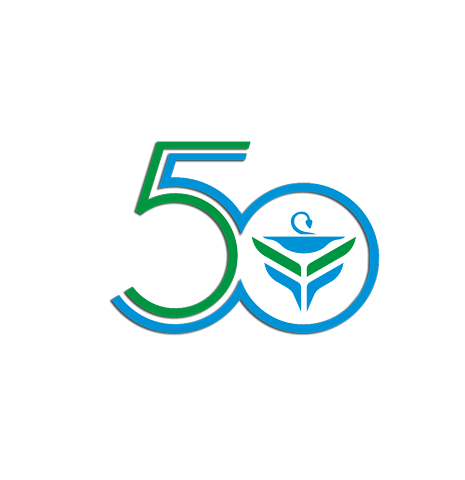Historija Katedre
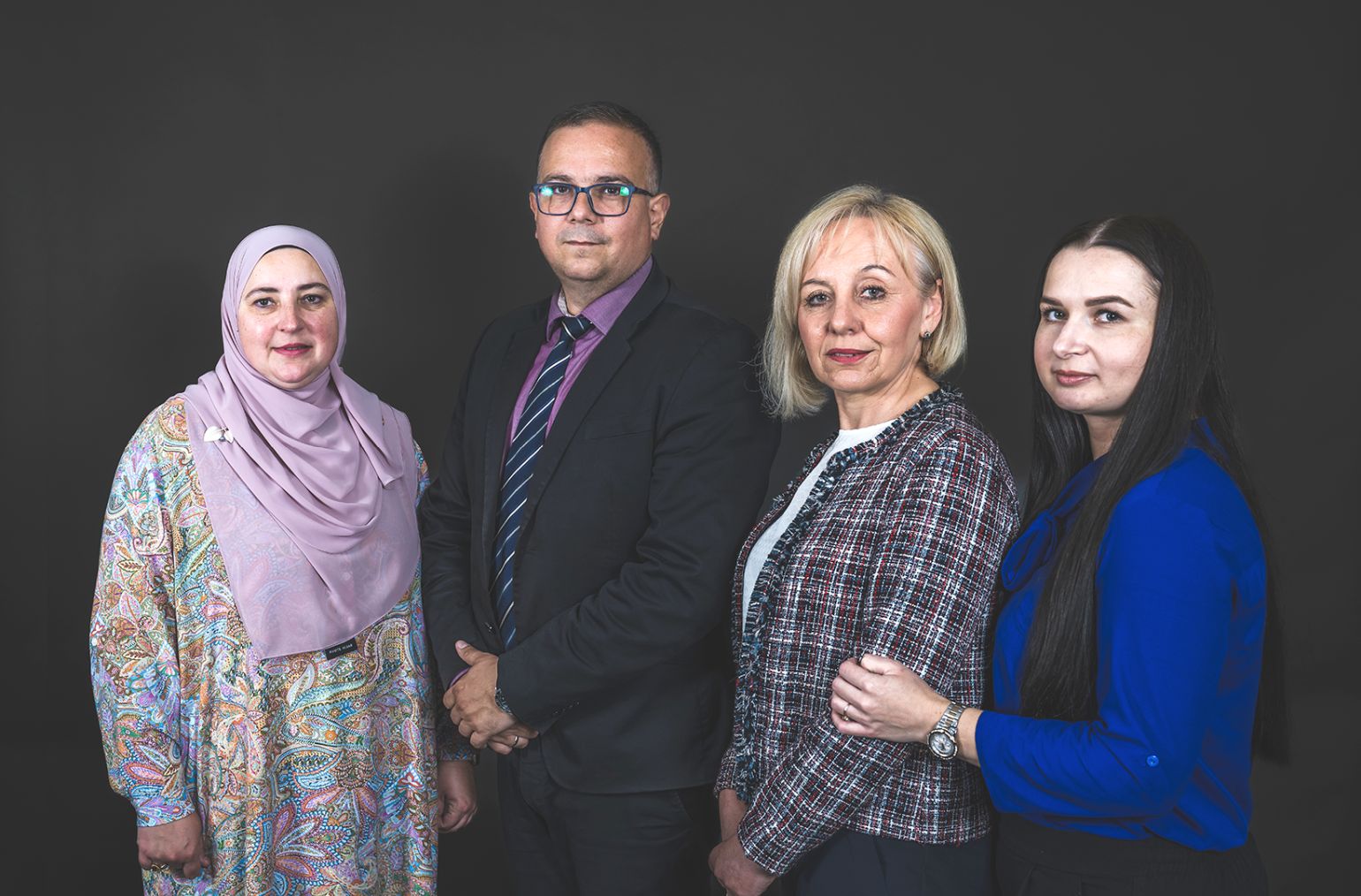 Katedra za analitiku lijekova osnovana je na Farmaceutskom fakultetu u septembru akademske 1975/76. godine pod nazivom Katedra za kontrolu lijekova i toksikološku hemiju. Prvi rukovodilac Katedre bio je prof. dr. Branko Nikolin, koji je na toj poziciji ostao do 2003. godine.
Katedra za analitiku lijekova osnovana je na Farmaceutskom fakultetu u septembru akademske 1975/76. godine pod nazivom Katedra za kontrolu lijekova i toksikološku hemiju. Prvi rukovodilac Katedre bio je prof. dr. Branko Nikolin, koji je na toj poziciji ostao do 2003. godine.
U proteklom periodu Katedra je nekoliko puta mijenjala naziv. U periodu 2003–2013. godine nastava na predmetima Kontrola lijekova i Toksikološka hemija izvodila su u okviru Katedre za farmaceutsku hemiju, skupa s nastavnim predmetima Farmaceutska hemija, Bromatologija i Uvod u farmaciju. Od 2013. do 2021. godine nosila je naziv Katedra za farmaceutsku analitiku, u čiji su sastav ulazili nastavni predmeti Kontrola lijekova, Toksikološka hemija i Bromatologija. Katedrom je u periodu 2003–2018. godine rukovodio prof. dr. Miroslav Šober, a 2018–2021. prof. dr. Ervina Bečić. Od 2021. godine katedra nosi naziv Katedra za analitiku lijekova i na njoj se izvodi teorijska i praktična nastava dva obavezna i tri izborna predmeta iz oblasti kontrole lijekova koji se realizuju na integrisanom studiju I i II ciklusa, kao i četiri izborna modula na doktorskom studiju Farmaceutska istraživanja. U periodu 2021–2023. godine rukovodilac Katedre bila je prof. dr. Belma Imamović. Od septembra 2023. godine Katedrom rukovodi prof. dr. Ervina Bečić.
Za vrijeme XIV zimskih olimpijskih igara u Sarajevu 1984. godine profesori, asistenti, osoblje i svi drugi resursi Katedre i Farmaceutskog fakulteta bili su angažirani u osnivanju i radu Olimpijskog laboratorija za kontrolu dopinga. Rukovodilac laboratorija bio je prof. dr. Branko Nikolin. U tu svrhu Katedra je u toku 1983. dodatno opremljena potrebnom opremom, a zaposleni su dodatno educirani, tako da je 1984. godine Olimpijski laboratorij, smješten na Katedri, akreditiran kao dvanaesti u svijetu. U okviru priprema za akreditaciju uvedene su dvije metode koje su nakon XIV zimskih olimpijskih igara postale oficijelne, i to GC-MS metoda za određivanje egzogenog testosterona u urinu, koja je zamijenila do tada oficijelnu radioimunohemijsku metodu, i HPLC metoda za kvantitativnu analizu kofeina i njegovih derivata. Za vrijeme agresije na Bosnu i Hercegovinu, 1992–1996. godine, na Katedri je bio u funkciji Radiološko-hemijsko-biološki (RHB) laboratorij, u kojem su vršene analize uzoraka hrane, vode za piće, kao i lijekova koji su dolazili u okviru humanitarne pomoći.
Nastavno-naučno i stručno osoblje koje trenutno sudjeluje u nastavi
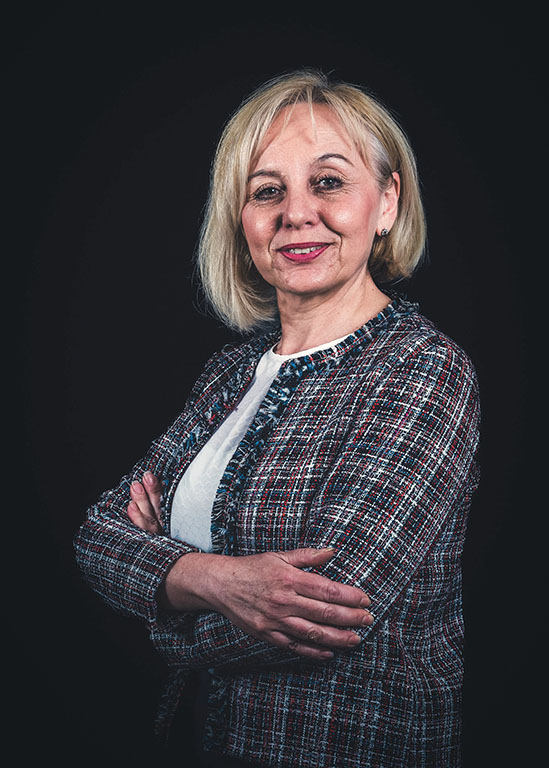 |
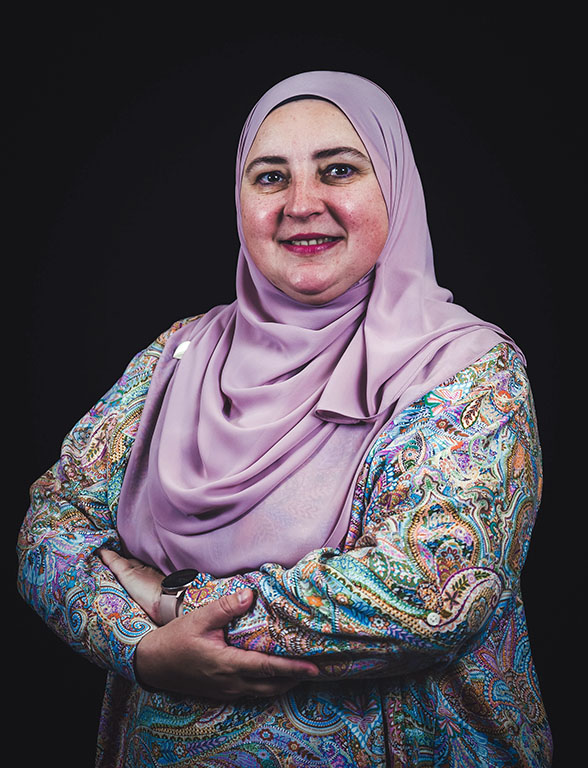 |
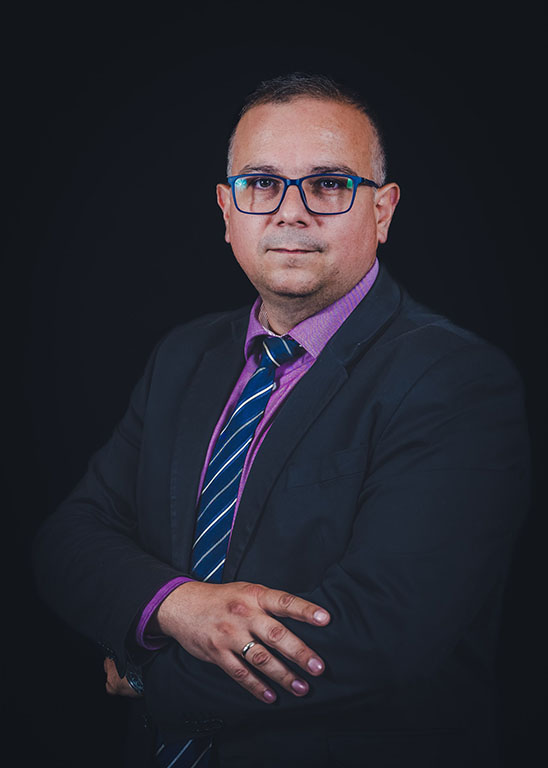 |
|
Prof. dr. Ervina Bečić |
Prof. dr. Belma Imamović |
Prof. dr. Mirza Dedić |
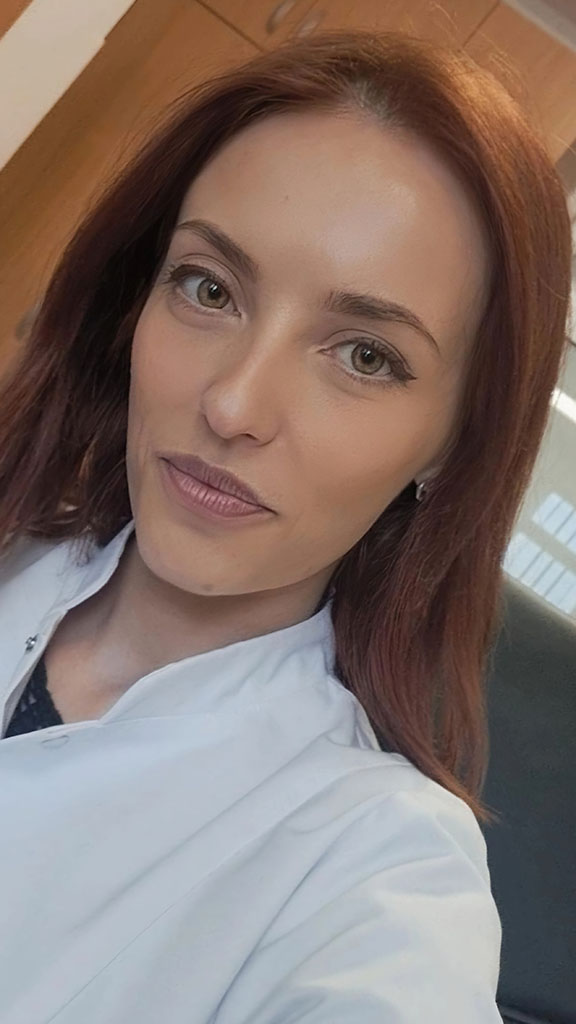 |
 |
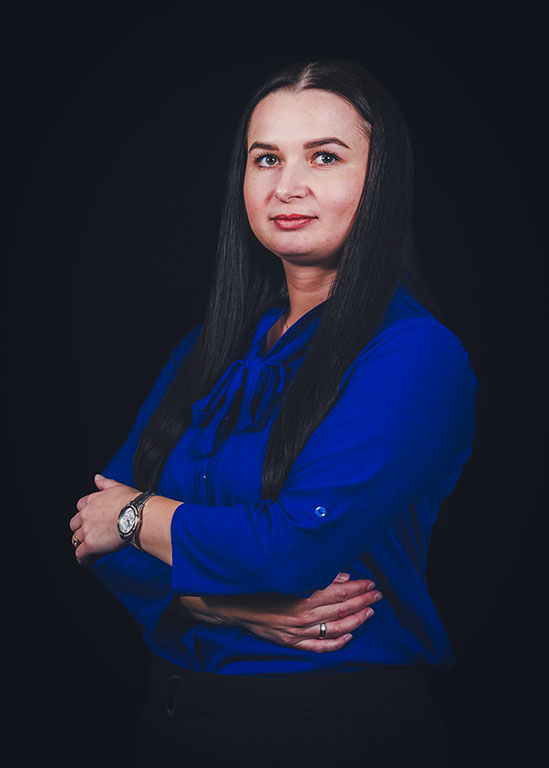 |
|
Irmela Ivazović, mr.ph. |
Hanna Helać, mr.ph. |
Sanela Drinjak
|
Nastavna djelatnost
Nastavna djelatnost Katedre uključuje organizaciju i izvođenje teorijske i praktične nastave obaveznih predmeta Kontrola lijekova I i Kontrola lijekova II, kao i tri izborna predmeta – Odabrana poglavlja iz Kontrole lijekova: Dobra kontrolno-laboratorijska praksa, Odabrana poglavlja iz Kontrole lijekova: Nečistoće u lijekovima i Odabrana poglavlja iz Kontrole lijekova: Kontrola kvaliteta graničnih medicinskih proizvoda, koji se realizuju na integrisanom studiju I i II ciklusa. Nastavno osoblje s Katedre uključeno je i u izvođenje nastave na doktorskom studiju „Farmaceutska istraživanja“ kroz izborne module Savremene analitičke metode za identifikaciju i karakterizaciju nečistoća u lijekovima, Hemometrija u analitici lijekova, Instrumentalne metode analize proteina i biofarmaceutika i Novi trendovi u ekstrakciji uzoraka za farmaceutsku analizu.
Na obaveznim i izbornim predmetima integrisanog studija I i II ciklusa studenti kroz teorijsku i praktičnu nastavu izučavaju koncept osiguranja kvaliteta lijeka, zakonsku regulativu u farmaceutskoj industriji i postupak registracije lijekova, osnove i primjenu spektroskopskih, hromatografskih i volumetrijskih metoda u kontroli kvaliteta polaznih materijala, poluproizvoda, gotovog proizvoda i pakovnog materijala u farmaceutskoj industriji i kontroli kvaliteta lijekova prije i nakon stavljanja lijeka u promet. Upoznaju se i s načinom identifikacije i određivanja sadržaja nečistoća i degradacionih proizvoda u aktivnoj supstanci i gotovom lijeku, kao i s kontrolom kvaliteta graničnih medicinskih proizvoda. Katedra je opremljena savremenim uređajima kao što su: HPLC sa DAD i EC detektorom, FTIR, UV/Vis spektrometar, spektrofluorimetar, koji su neophodni u modernom laboratoriju za analitiku lijekova.
Na Katedri se također organizuje i izvodi nastava za magistre farmacije polaznike specijalizacije iz ispitivanja i kontrole lijekova, koja se odvija prema planu i programu Federalnog ministarstva zdravstva. Katedra za analitiku lijekova partner je i CEEPUS mreže Education of Modern Analytical and Bioanalytical Methods, putem koje se realizira međunarodna mobilnost studenata i nastavnog osoblja s Katedre. Nastavnici s Katedre učestvovali su u realizaciji dodiplomske i poslijediplomske nastave i na drugim univerzitetima u Bosni i Hercegovini i inostranstvu (Hrvatska).
Naučna i stručna djelatnost
Naučnoistraživačka djelatnost Katedre obuhvata primjenu savremenih analitičkih metoda u različitim oblastima farmacije, što podrazumijeva razvoj i validaciju analitičkih metoda za kontrolu lijekova, kontrolu kvaliteta kozmetičkih proizvoda, praćenje rezidua lijekova u okolišu i hrani, kontrolu kvaliteta magistralnih i galenskih preparata i dodataka prehrani.
Istraživanja na Katedri obuhvataju i primjenu spektroskopskih i hromatografskih metoda u ispitivanju novosintetiziranih spojeva, kao i ispitivanje stabilnosti UV-filtera u kremama za zaštitu od sunca. Pod mentorstvom nastavnika i saradnika realizira se istraživački rad studenata, izrada specijalističkih radova, završnih radova i doktorskih disertacija.
DEPARTMENT OF DRUG ANALYSIS
History of the Department
The Department for Drug Analysis was first established at the Faculty of Pharmacy in September of the 1975–76 academic year, under the name of the Department of Drug Control and Toxicological Chemistry. The first head of the department was Ph.D. Branko Nikolin, associate professor, who remained in that position until 2003. In the past years, the department has changed its name several times. In the period from 2003 to 2013, classes in the courses Drug Control and Toxicological Chemistry were delivered within the Department of Pharmaceutical Chemistry, together with the courses Pharmaceutical Chemistry, Bromatology, and Introduction to Pharmacy. From 2013 to 2021, the department was entitled the Department of Pharmaceutical Analytics, and delivered courses in Drug Control, Toxicological Chemistry, and Bromatology. The head of the department in the period 2003–2018 was Professor Miroslav Šober, and from 2018-2021 Professor Ervina Bečić. Since 2021, the name of the department is the Department of Drug Analysis, and it delivers theoretical and practical classes in two mandatory and four elective courses in the field of Drug Control, which are included in the integrated study of the first and second cycles, as well as four elective courses in the doctoral study “Pharmaceutical Research”. In the period from 2021 to 2023, the head of the Department was Professor Belma Imamović. From September 2023, the department is headed by Professor Ervina Bečić.
During the 1984 Winter Olympic Games in Sarajevo, professors, assistants, staff and all other resources of the department and the Faculty of Pharmacy were engaged in the Olympic Laboratory for Doping Control. The head of the laboratory was Professor Branko Nikolin. In 1983, the department was additionally equipped with the necessary equipment for the laboratory, and the department's employees were additionally educated so that in 1984, the Olympic Laboratory, which was located at the Department, was accredited as the twelfth of the kind in the world. As part of the preparations for the laboratory's accreditation, two methods were introduced that became official after the XIV Winter Olympic Games: the GC-MS method for the determination of exogenous testosterone in urine, which replaced the official radioimmunochemical method, and the HPLC method for the quantitative analysis of caffeine and its derivatives. During the war in Bosnia and Herzegovina, from 1992 to 1996, the department established a radiological-chemical-biological (RHB) laboratory for the analysis of food and drinking water samples, as well as medicines that came as humanitarian aid.
Academic and professional staff currently involved in the teaching process
- Full Professor Ervina Bečić, MPharm, Specialist in testing and control of medicines, employed since 1998
- Full Professor Belma Imamović, MPharm, Specialist in testing and control of medicines, employed since 2000
- Associate Professor Mirza Dedić, MPharm, Specialist in testing and control of medicines, employed since 2007
- Sanela Drinjak, pharmaceutical technician, employed since 2016
Teaching activities
The teaching activity of the Department includes the organization and implementation of theoretical and practical teaching of the mandatory courses Drug Control I and Drug Control II as well as three elective courses Selected topics in Drug Control: Good control and laboratory practice; Selected topics in Drug Control: Impurities in drugs and Selected topics in Drug Control: Quality control of border medical products, that are delivered within integrated study of the first and the second cycles. Teaching staff from the Department is involved in teaching at the Ph.D. study program „Pharmaceutical Research“, through elective modules Modern analytical methods for the identification and characterization of impurities in drugs, Chemometrics in drug analysis, Instrumental methods of protein and biopharmaceuticals analysis, New trends in sample extraction for pharmaceutical analysis.
Classes at integrated studies include familiarization with the concept of drug quality assurance, regulations in the pharmaceutical industry and the procedure for drug registration. The basics of spectroscopic, chromatographic, and volumetric methods are also studied, as well as their application in the quality control of starting materials, semi-products, dosage forms, and packaging materials in the pharmaceutical industry and the quality control of medicines before and after they are launched on the market. In the described courses, students learn about the methods of identification and determination of impurities and degradation products in active substances and medicine, as well as the quality control of border medical products. The department is equipped with modern devices such as: HPLC with DAD and EC detectors, FTIR, UV/Vis spectrometer, spectrofluorimeter, and atomic absorption spectrophotometer, EC detector, FTIR, UV/Vis spectrometer, spectrofluorimeter, which are necessary in a modern laboratory for drug analysis.
The Department implemented specialisation program intended for the pharmacists in the area of Testing and Control of Medicines, which proceeds according to the curriculum developed by the Ministry of Health of the FBiH. The Department of Drug Analysis is also a partner of the CEEPUS network Education of Modern Analytical and Bioanalytical Methods, through which the international mobility of students and teaching staff from the Department is realized. Teachers of the Department participated in teaching at undergraduate and postgraduate studies at other universities in Bosnia and Herzegovina and abroad (Croatia).
Academic and professional activities
The Department's research activities include the application of modern analytical methods in various fields of pharmacy, which includes the development and validation of analytical methods for drug control, quality control of cosmetic products, monitoring of drug residues in the environment and food, quality control of extemporaneous and galenic preparations and food supplements. Research at the Department also includes the application of spectroscopic and chromatographic methods in testing newly synthesized compounds, as well as testing the stability of UV filters in sun protection creams. Teachers and associates of the Department supervise students' research and supervise specialist theses, students' final theses and doctoral theses.

